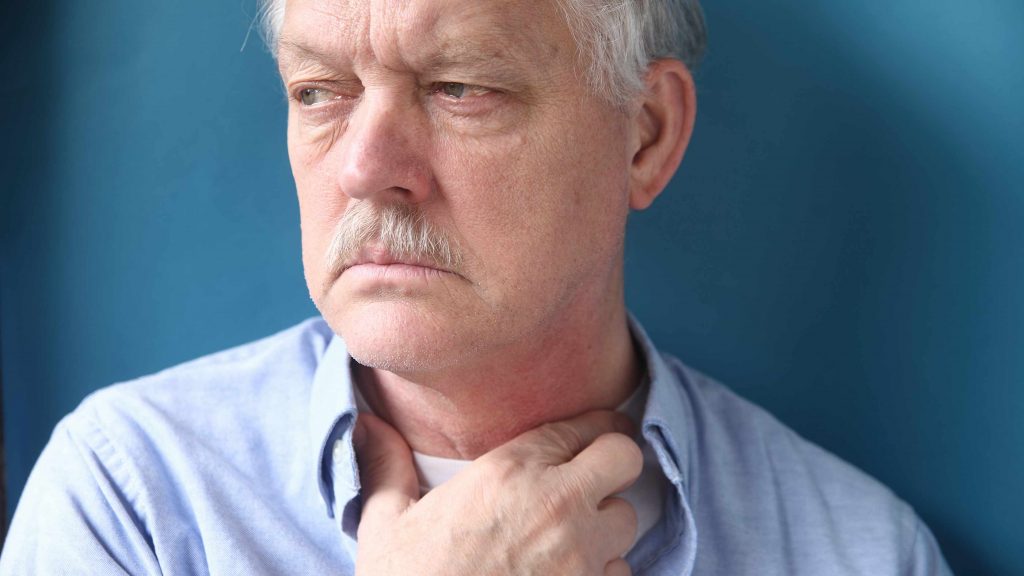
Patients with HPV-related oropharyngeal cancer who undergo surgery and are treated with chemotherapy, may be able to forgo significant radiation therapy without increasing the risk of their cancer spreading, according to the results of a clinical trial led by researchers at Mayo Clinic.
“We found that decreasing the amount of radiation therapy after a minimally invasive robotic surgery improved the quality of life of patients with HPV-related oropharyngeal cancer while delivering excellent cure rates,” says Dr. Eric Moore, a Mayo Clinic otolaryngologist. “In essence, we found exactly the right amount of treatment to deliver without over-treating these patients.”
Watch: Dr. Eric Moore discusses de-escalation radiation therapy.
Journalists: Broadcast-quality sound bites with Dr. Moore are in the downloads at the end of the post. Please courtesy: "Eric Moore, M.D. / Otolaryngology / Mayo Clinic."
Dr. Moore and his colleagues compared 79 patients treated at Mayo Clinic for HPV-related tonsil and tongue cancer with surgery and two weeks of radiation therapy to a group of 115 patients with the same cancer who were treated with surgery, and the standard six weeks of radiation therapy and chemotherapy.
Dr. Moore and his colleagues found no decrease in survival or cancer recurrence in the group that received two weeks of radiation therapy, compared to the group that received six weeks of radiation therapy. He says that by decreasing the amount of radiation therapy after minimally invasive robotic surgery, physicians were able to improve the quality of life of patients and achieve excellent cure rates.
Dr. Moore says Mayo Clinic now offers dose de-escalation radiation therapy to appropriately selected patients with HPV-related cancers of the tonsils and tongue.
"This approach shortens the treatment time for these patients by several weeks and reduces side effects without sacrificing the effectiveness of the treatment," Dr. Moore says.
For the safety of our patients, staff and visitors, Mayo Clinic has strict masking policies in place. Anyone shown without a mask was either recorded prior to COVID-19 or recorded in a nonpatient care area where social distancing and other safety protocols were followed.







